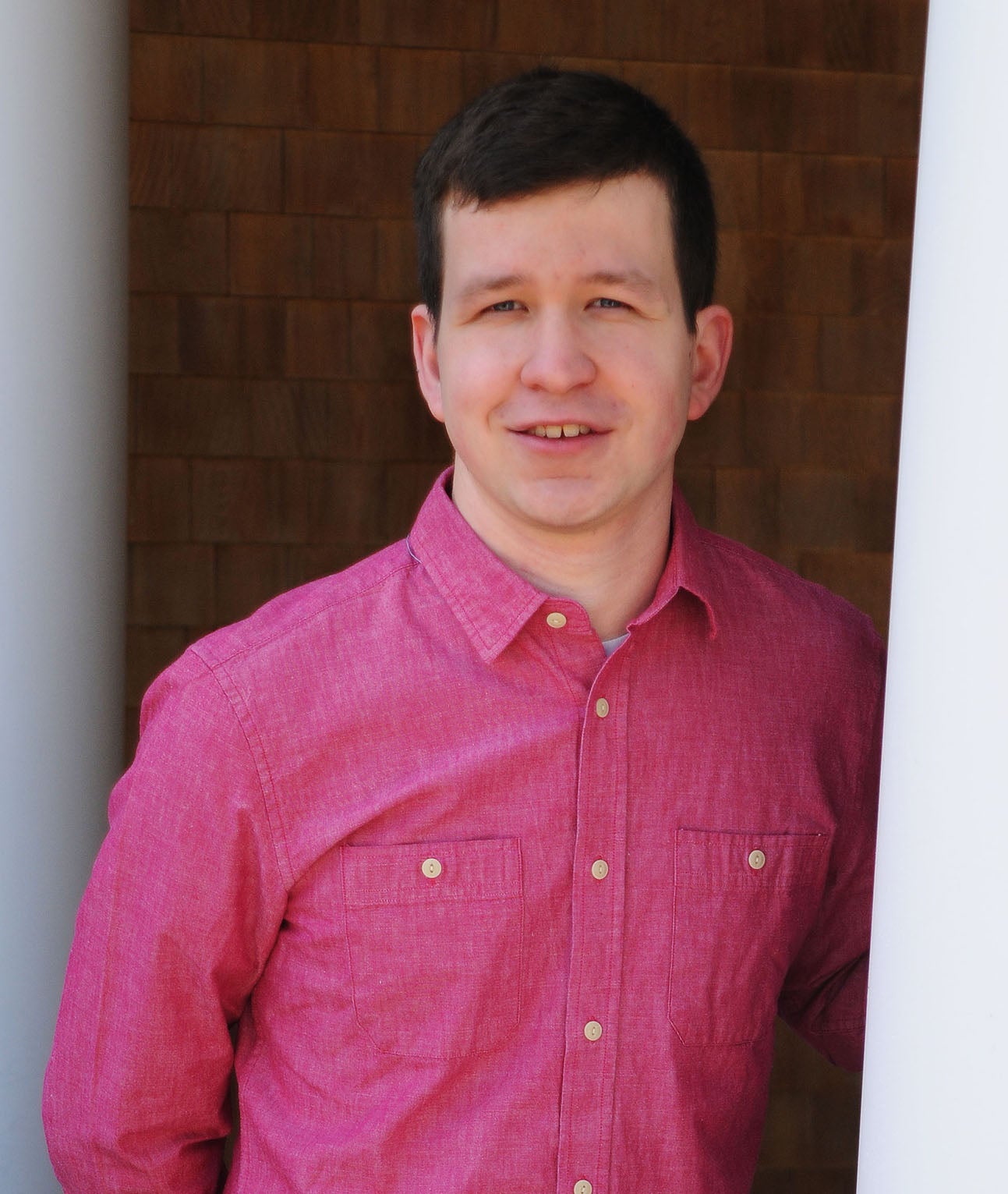KINGSTON, R.I. – April 17, 2018 – Daniel Achilles has had a lifelong fascination with the marine environment and a desire to spend his career learning more about it.
“The ocean is a huge system, and there’s plenty out there still to be learned about it,” said the University of Rhode Island senior from Danbury, Conn. “Marine biology has always fascinated me, and I’m especially interested in how the changing environment is affecting marine organisms.”
As Achilles prepares to graduate from URI on May 20, he is looking back at the adventurous research projects he undertook as a student and looking forward to his future in oceanography.
The highlight of his URI experience was a four-week research expedition to the waters around Antarctica during the winter of his junior year. He admits that it was a bit intimidating being the only undergraduate student participating in the project among many scientists and graduate students from around the world.
“I wasn’t sure what would be expected of me and where I would fit in, since I had never been on a research ship before. But everyone was welcoming,” said Achilles, the recipient of the Brett Santoro Memorial Scholarship for the study of the biological sciences. “I was also unsure how I would handle getting my sea-legs and the inevitable seasickness, but that all passed quicker than I thought.”
The objective of the trip was to study diatoms, single celled marine organisms that form the base of the food chain, and how the changing climate is affecting them. So the researchers collected samples from various locations around Antarctica, froze them and brought them back to laboratories to conduct tests on them.
“The best part was meeting the other researchers on board and learning more about what they were studying,” Achilles said. “But it was also amazing just to be there, to see this area mostly untouched by humans and seeing the animals in their natural environment,” including whales, penguins, seals and many varieties of birds.
More than a year after the expedition, he is still conducting research on the diatoms he collected in Antarctica. Using what he called a “mega-plate,” an aluminum plate that can be heated to a variety of different temperatures at the same time, he is evaluating how different diatom species are affected by changing water temperatures.
The expedition to Antarctica inspired Achilles to take advantage of other research expeditions at sea, including one in which he and fellow students in his honors class, called “CSI: Ocean,” spent five days at sea aboard the URI research ship Endeavor cruising to hotspots of marine biodiversity about 100 miles south of Rhode Island. Using various state-of-the-art technologies and oceanographic instruments, they examined the relationship between the ocean’s physical dynamics – eddies, currents and fronts – and a wide variety of marine creatures, from plankton to whales.
“The ship was much smaller and had a way different environment than the one we went on to Antarctica, but it reinforced my interest in studying oceanography,” he said. “As great as the Antarctica trip was, this second opportunity in a different setting with different opportunities was also something I really loved.”
These research experiences have inspired Achilles to pursue a doctorate in oceanography, after taking a year off to decide at which school he would like to enroll.
“My Antarctica trip was really influential in my future plans,” he said. “I really want to continue to study diatoms and how the ocean is responding to climate change. As remote as Antarctica is, the changing climate is already having a big effect. Once the diatoms at the bottom of the food chain are affected, the whole ecosystem is going to change.”

